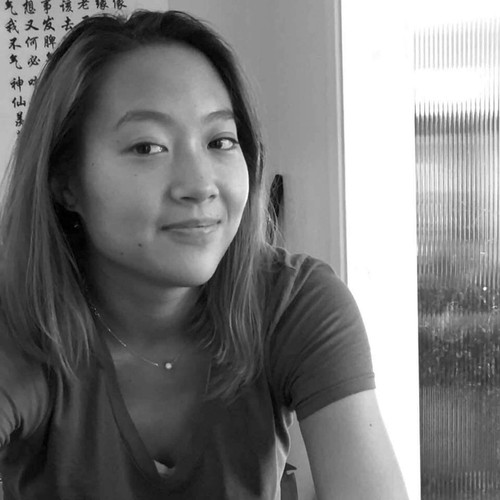Chapters
Transcript
Episode notes
1 2 3 4 5 6 7
Intro
00:00 • 3min
Invariant Causal Prediction in Reinforcement Learning
03:04 • 7min
Understanding Block MDPs and Abstractions
09:53 • 8min
Exploring Invariant Causal Predictions in Reinforcement Learning
17:28 • 21min
Learning Grounded Language in AI
38:16 • 18min
Exploring MBRL Lib and Reinforcement Learning Challenges
56:00 • 10min
Engaging the Audience: Enhancing Interaction and Suggestions for Future Guests
01:05:36 • 4min


